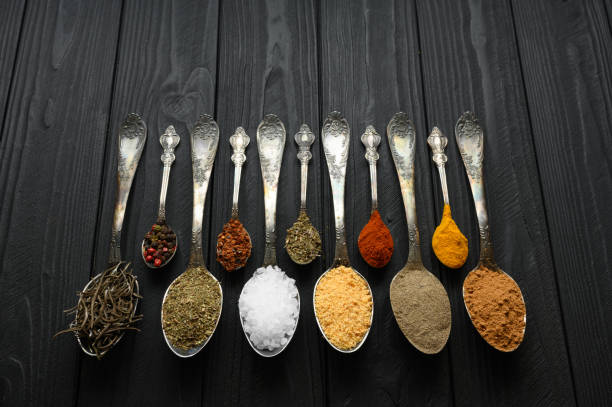
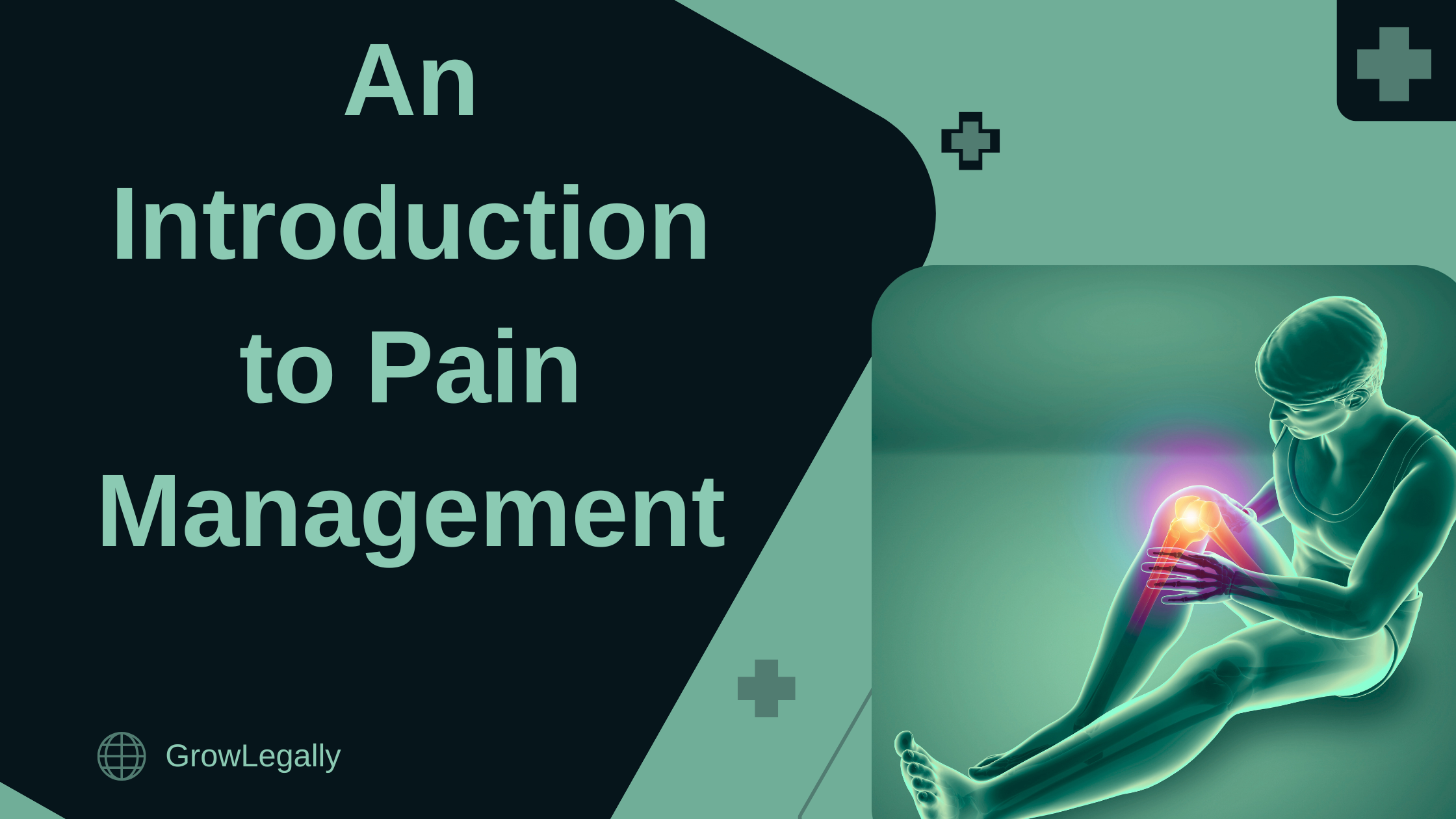
An Introduction to Pain Management
Pain is something everyone has experienced — from minor scrapes to sprained ankles. But for those living with chronic pain, the struggle is constant, exhausting, and often invisible. It can affect your sleep, relationships, and overall quality of life. While short-term pain, known as acute pain, usually fades as the body heals, chronic pain can linger for months or even years. For many Canadians, this ongoing discomfort becomes part of daily life — but it should never be accepted as normal.
Chronic pain can result from conditions like arthritis, migraines, fibromyalgia, or nerve injury. In other cases, there may be no clear medical explanation, yet the pain persists. Health Canada estimates that about one in four adults lives with some form of chronic pain. This number increases with age, especially among veterans and seniors. It’s a growing concern that affects millions across the country.
Pain is not just physical — it’s an experience shaped by both the body and the brain. When the body detects tissue damage, specialized pain receptors called nociceptors send warning signals to the brain. The brain then interprets these messages and releases chemicals that create the feeling of pain. Because of this, our emotional state, stress levels, and even attention can influence how much pain we perceive. That’s why being relaxed, social, or engaged in activities can sometimes ease discomfort without medication.
For chronic pain, treatment often requires a personalized approach. Doctors may recommend physiotherapy, anti-inflammatory medications, or lifestyle changes such as gentle stretching, heat or cold therapy, and improved sleep routines. In recent years, many Canadians have explored medical cannabis as a natural option for managing ongoing pain. Under the Health Canada medical cannabis program, patients can legally access cannabis for therapeutic use with authorization from a healthcare practitioner. Studies show that cannabinoids, such as THC and CBD, may help reduce inflammation, calm the nervous system, and improve the perception of pain — particularly for conditions like arthritis, PTSD, and neuropathy.
Veterans, in particular, have found relief through medical cannabis, especially for chronic pain and post-traumatic stress. GrowLegally has proudly supported medical cannabis for veterans since the beginning, helping them navigate Health Canada’s system, obtain their medical authorizations, and even apply for their personal grow licence at no cost when registering with a licensed producer.
Some patients prefer to grow their own medicine. Under the ACMPR personal grow licence Canada, authorized patients can legally cultivate cannabis plants for their own use, often finding it empowering and cost-effective. Others choose to apply for a commercial cannabis licence or a cannabis cultivation licence in Canada for larger-scale production. Whether it’s managing chronic pain, supporting a loved one, or simply understanding your options, knowing how to get a medical marijuana card in Ontario can open the door to better care and independence.
Although medical cannabis used to be reserved for severe conditions, Health Canada now confirms there are no specific limitations on what conditions can qualify for authorization. This change reflects the evolving understanding that chronic pain — in all its forms — deserves compassionate, accessible care.
If you’re living with pain that doesn’t seem to go away, you don’t have to manage it alone. Connect with trained cannabis patient educators and licensed medical marijuana doctors at a trusted medical cannabis clinic in Toronto or across Canada to learn more about your options.
At GrowLegally, we’ve spent years helping Canadians — including veterans and seniors — find safe, compliant, and effective relief through medical cannabis. If you’re ready to explore whether cannabis might be right for you, contact us today for your free consultation and take the first step toward reclaiming comfort and control.
Previous Post
Next Post

Storing Medical Cannabis – Learn how to properly store your cannabis and keep its potency strong.
Go To Post
Before Acquiring Medical Marijuana, Here Are 2 Questions That Your Doctor Is Likely To Ask You (Plus a Bonus One!)
Go To Post
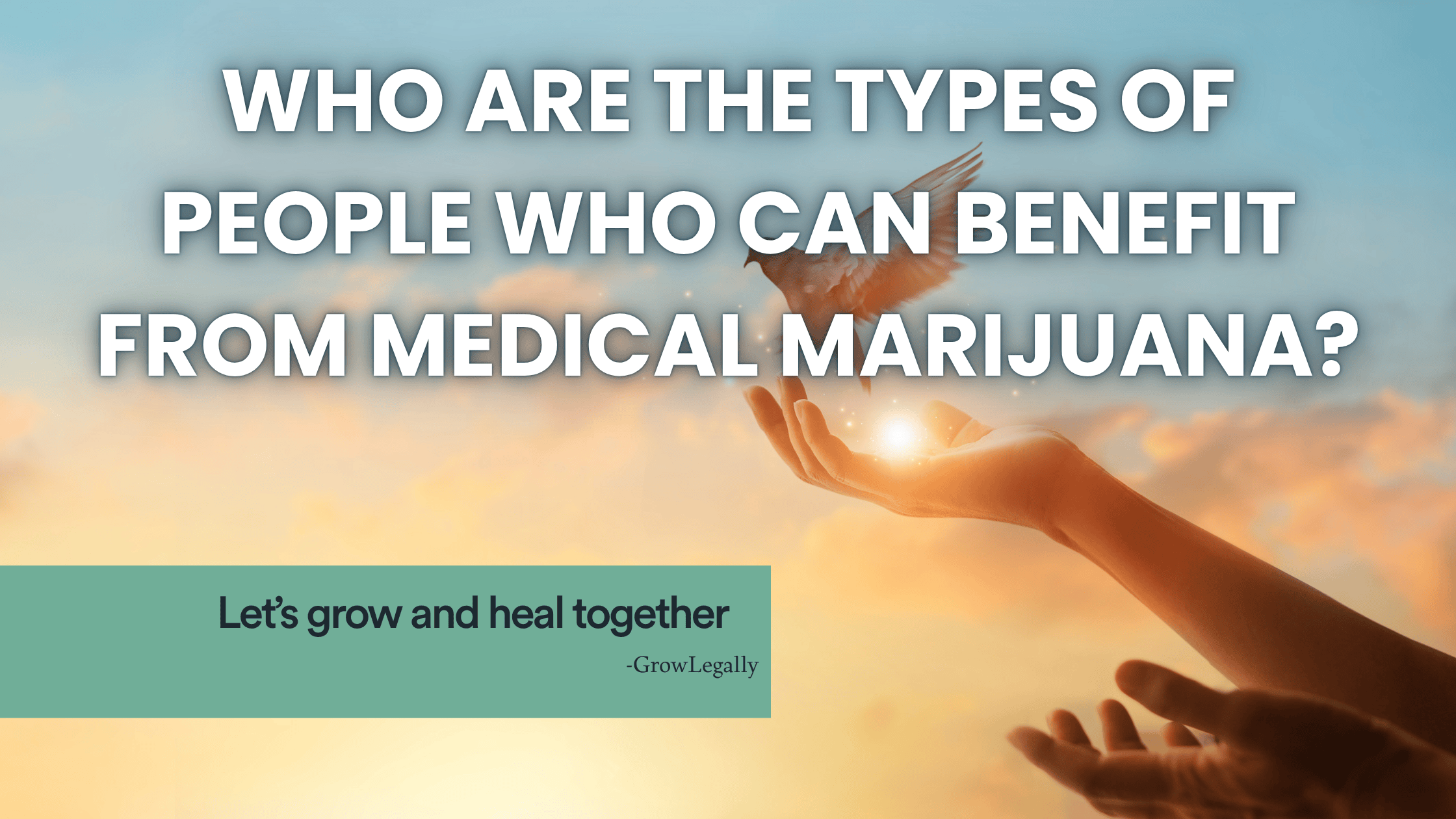


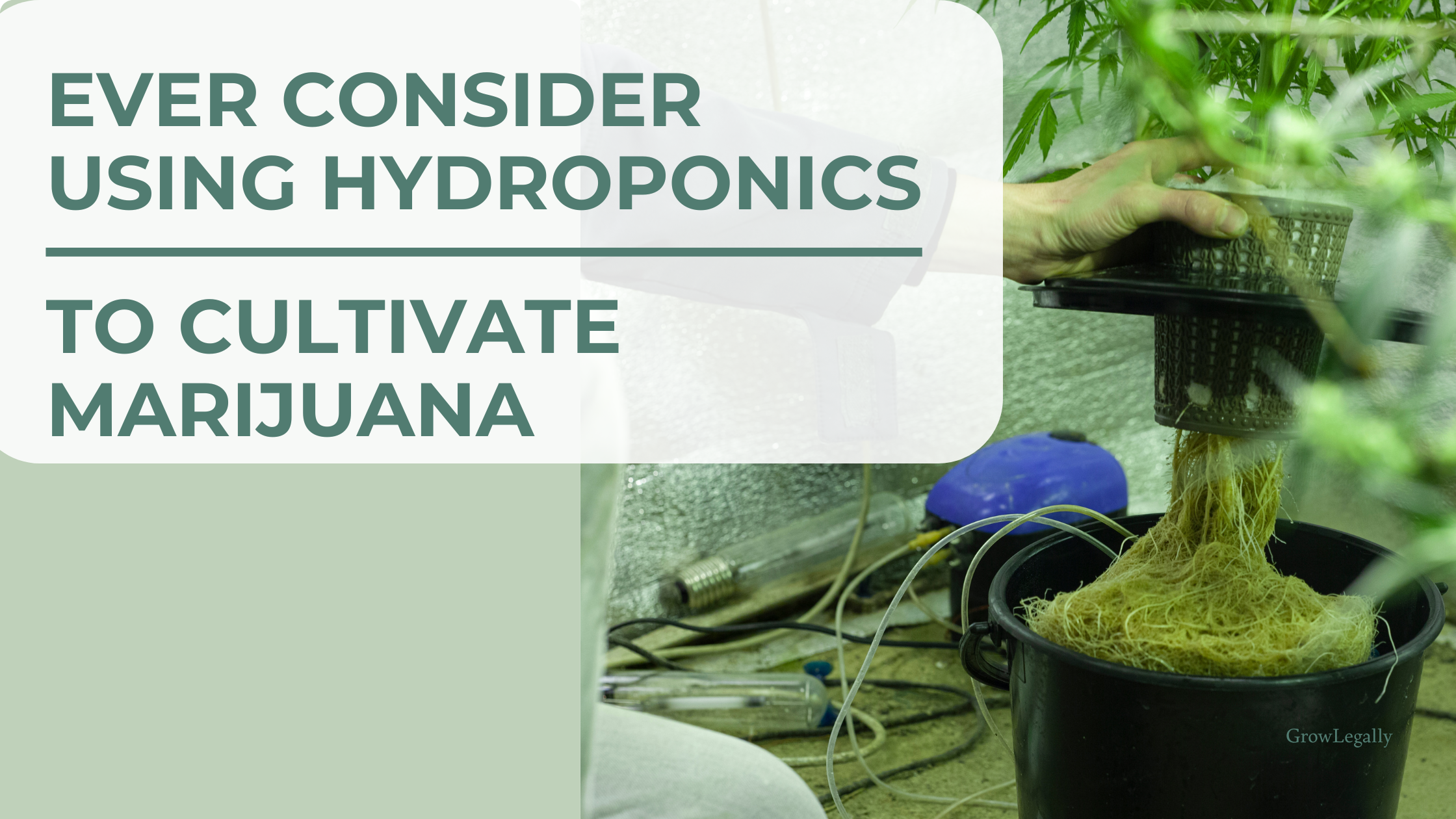
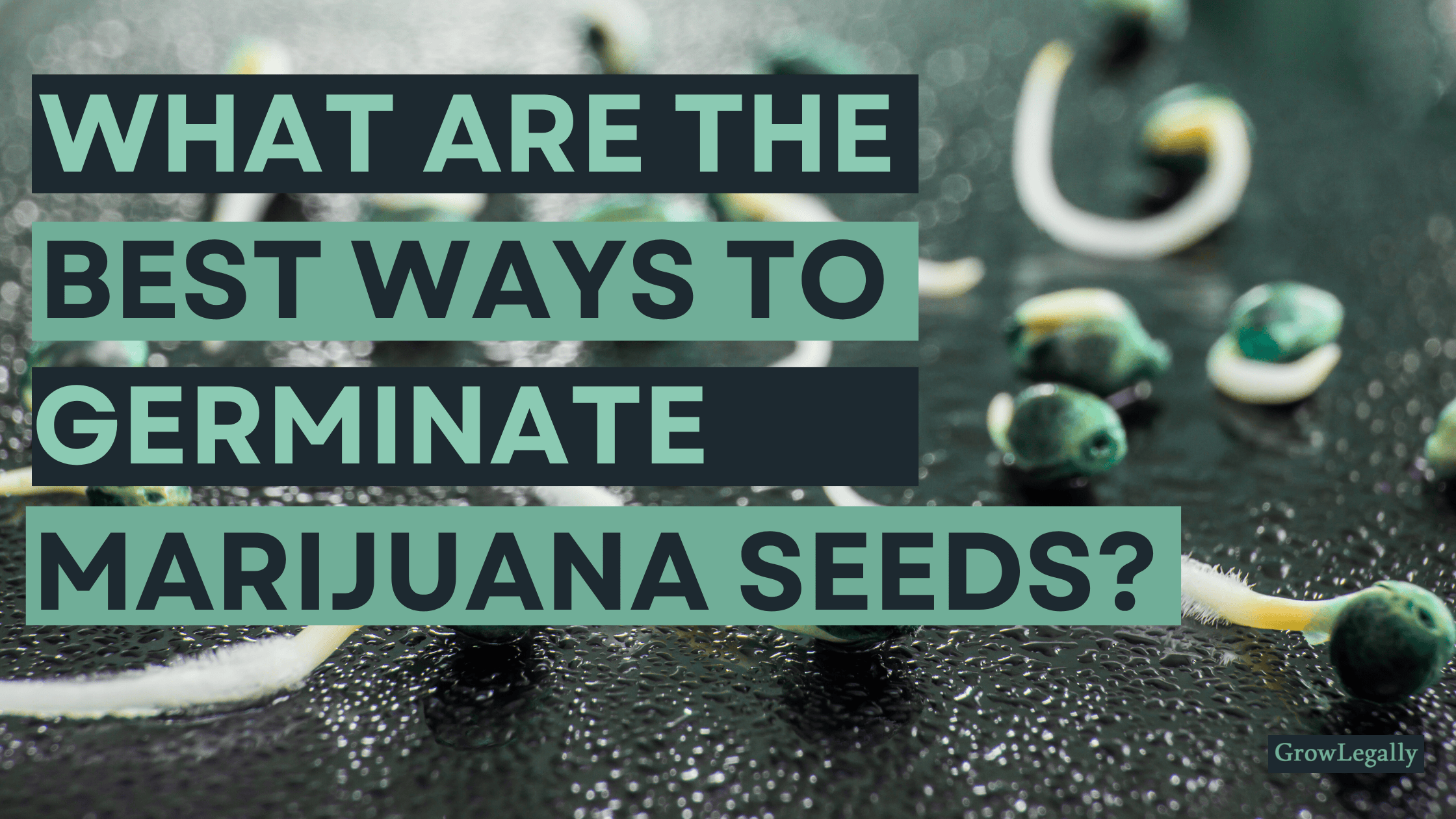
.png)
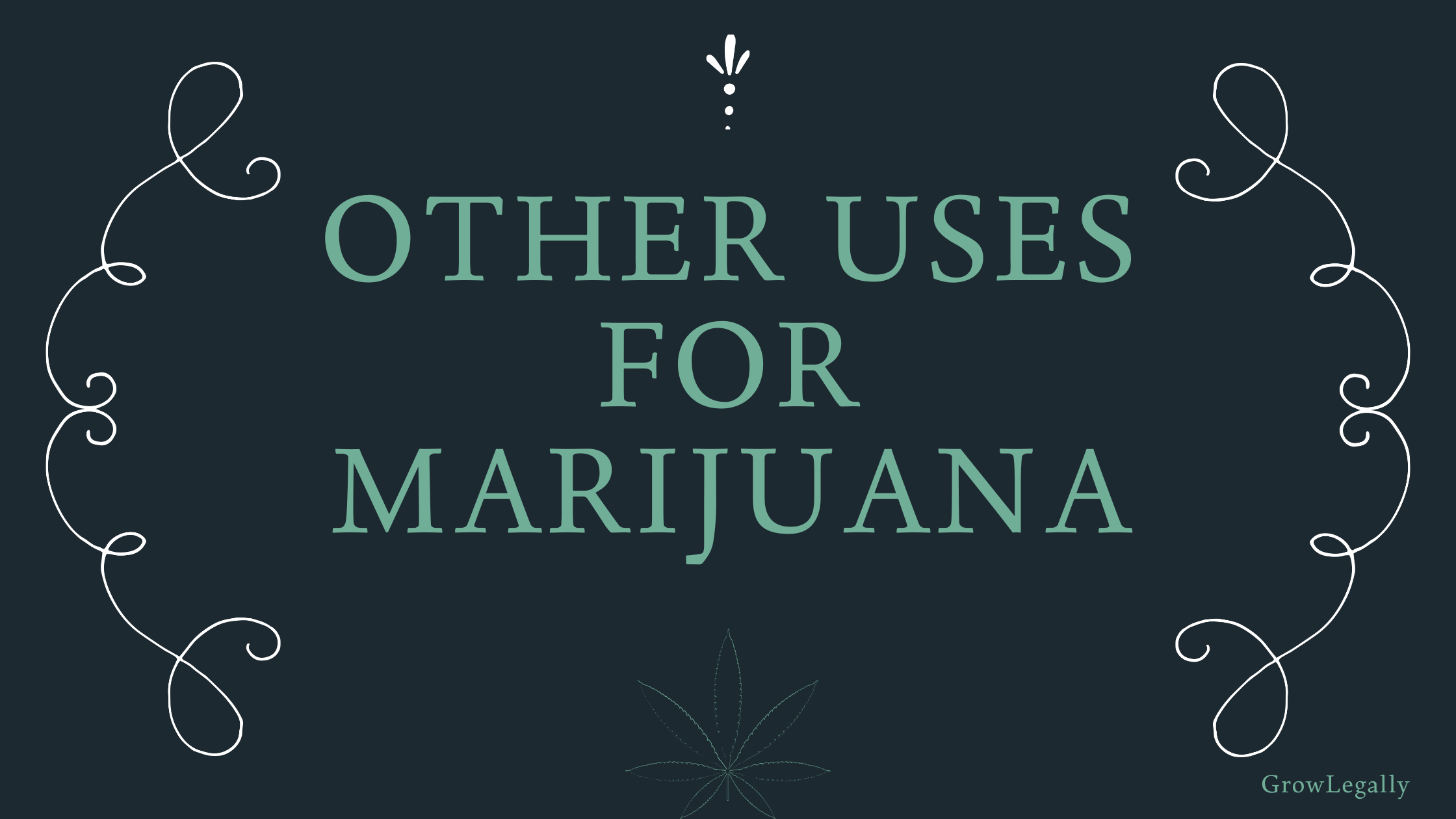
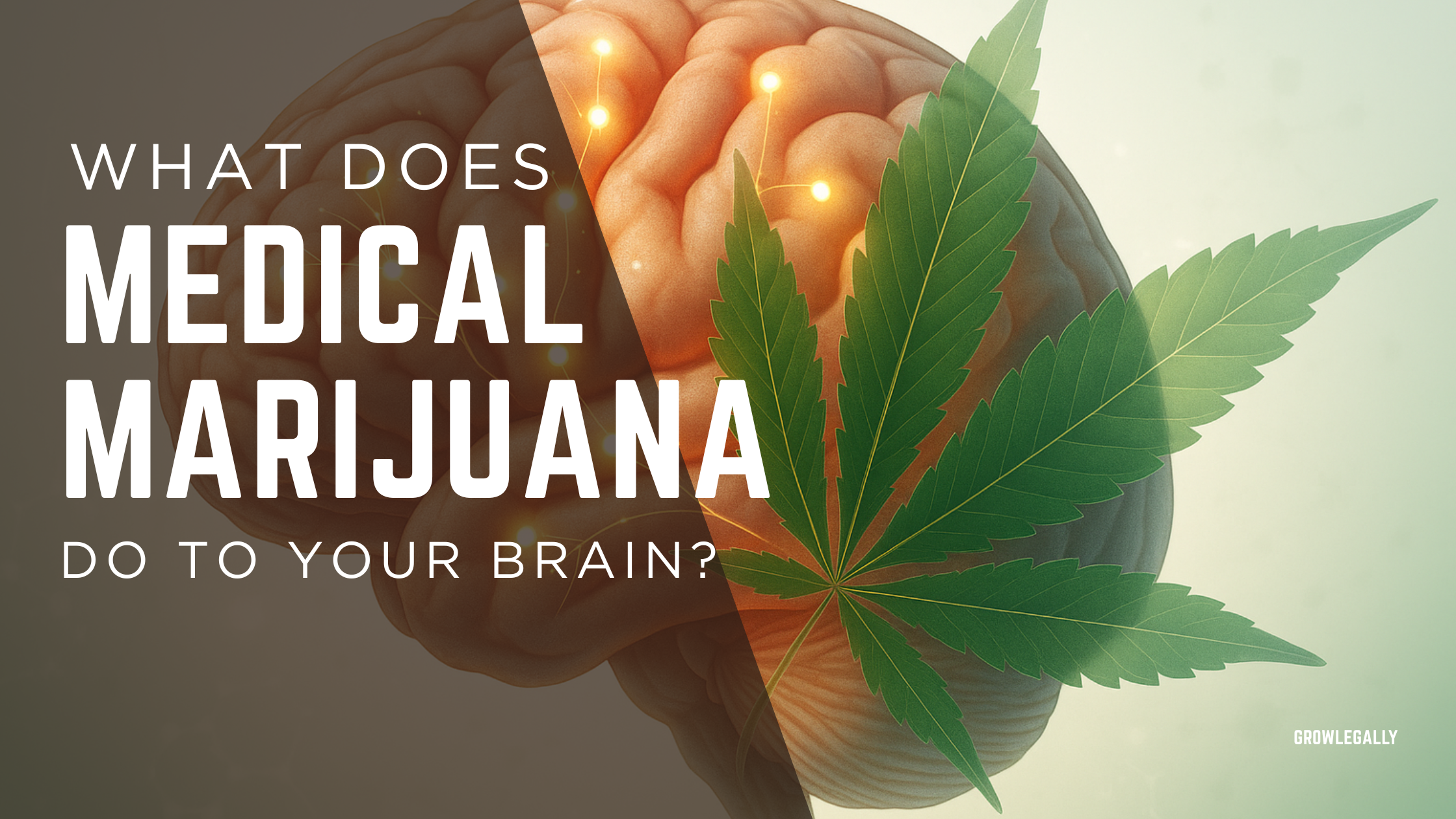
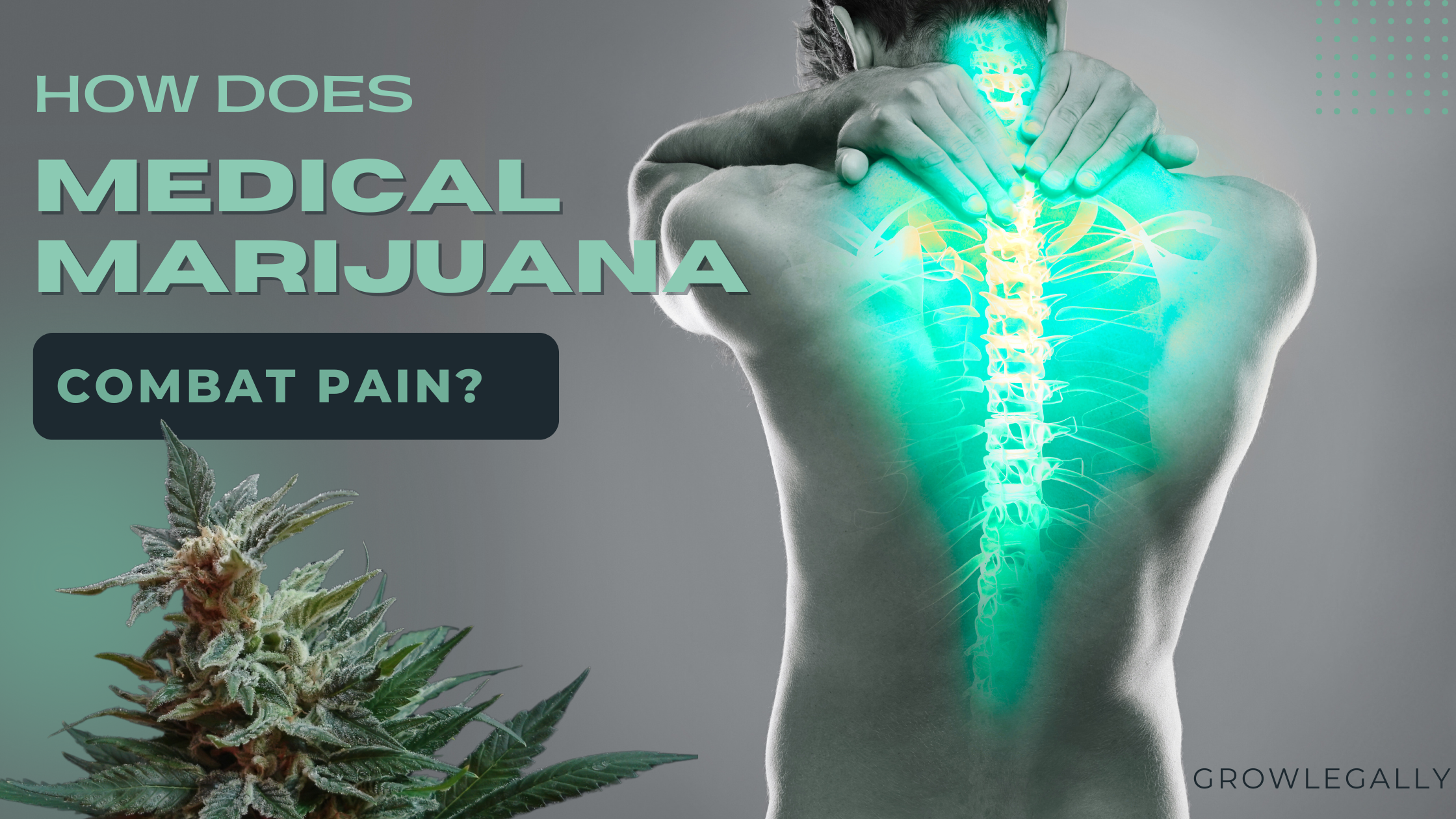

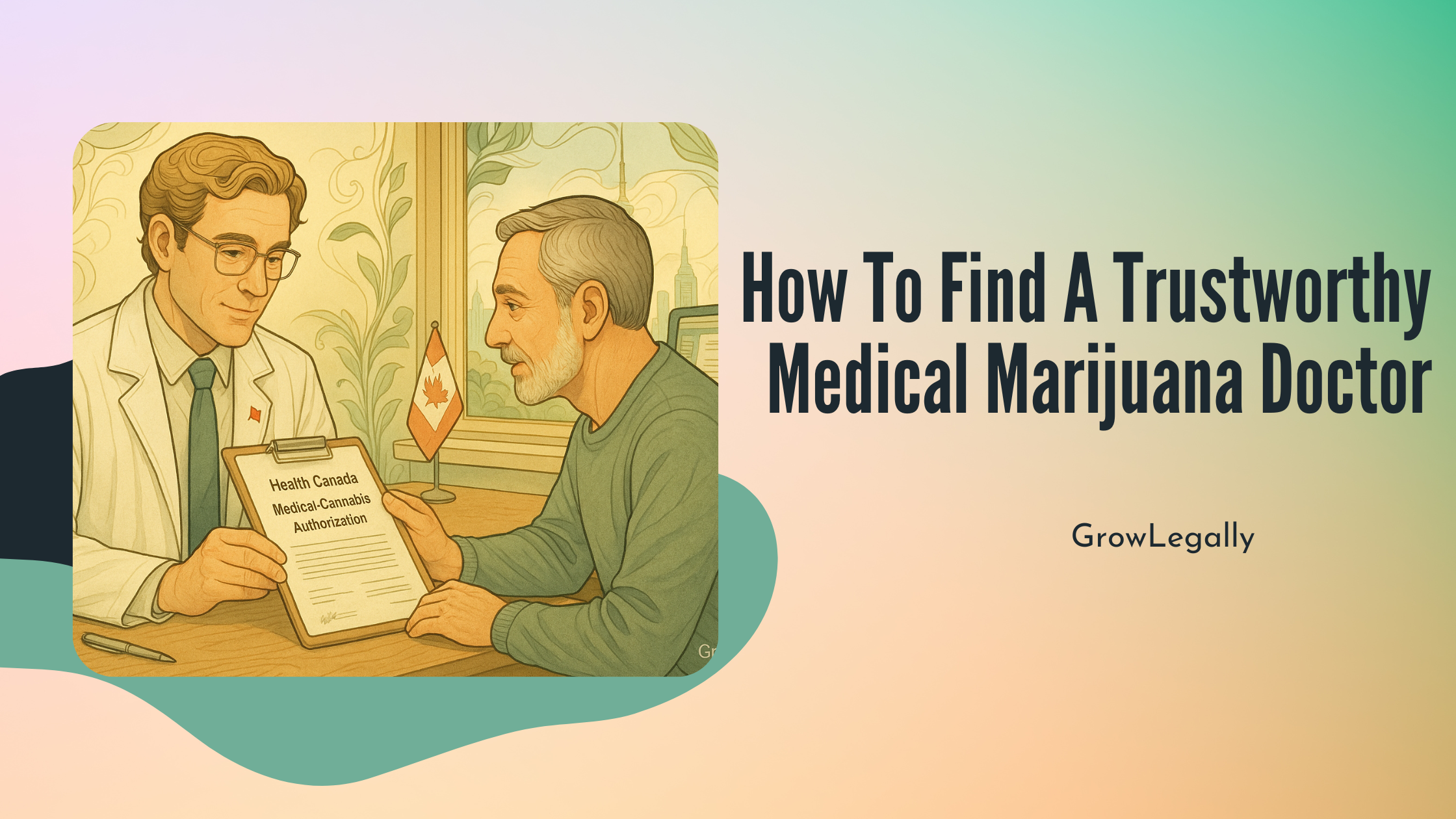
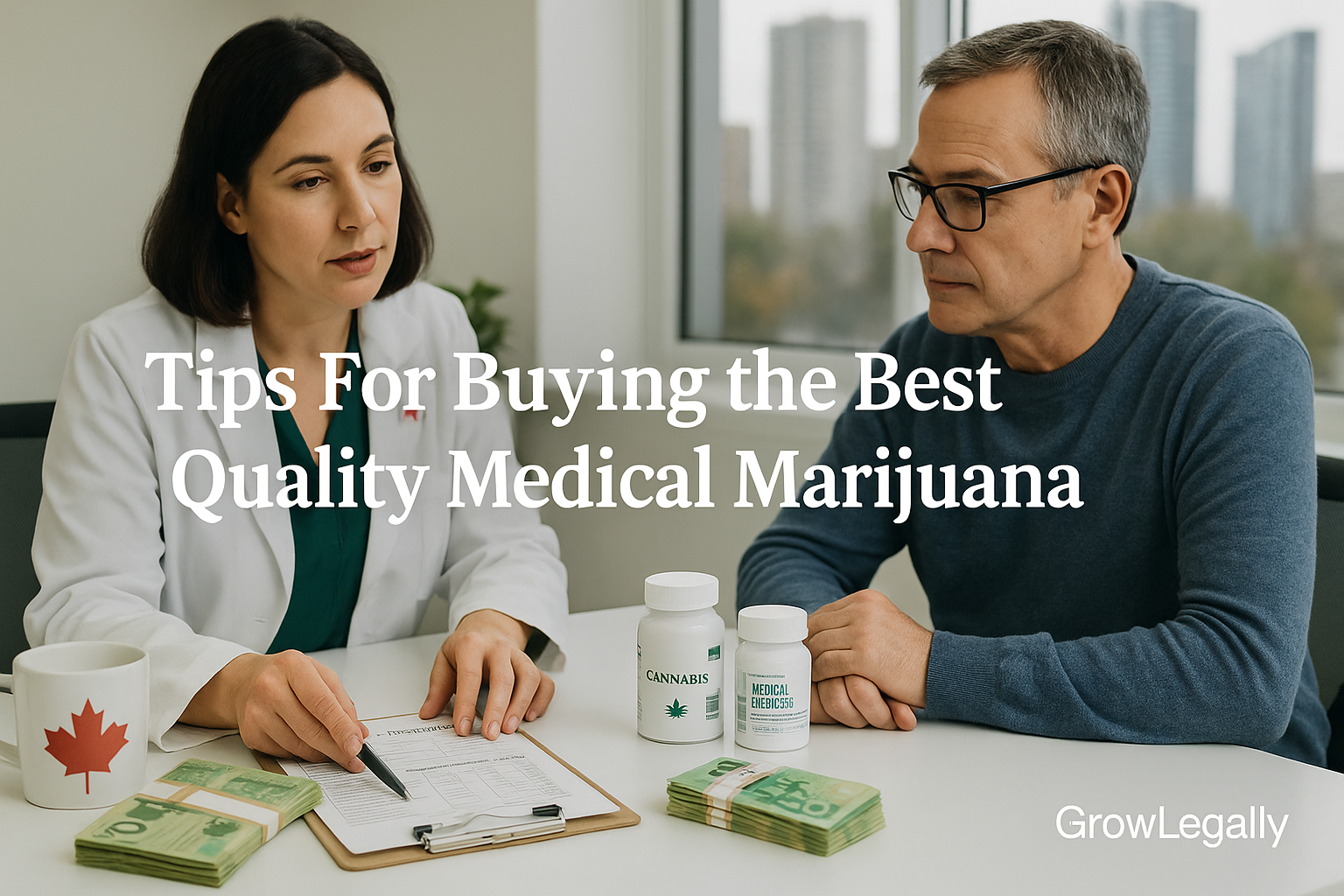
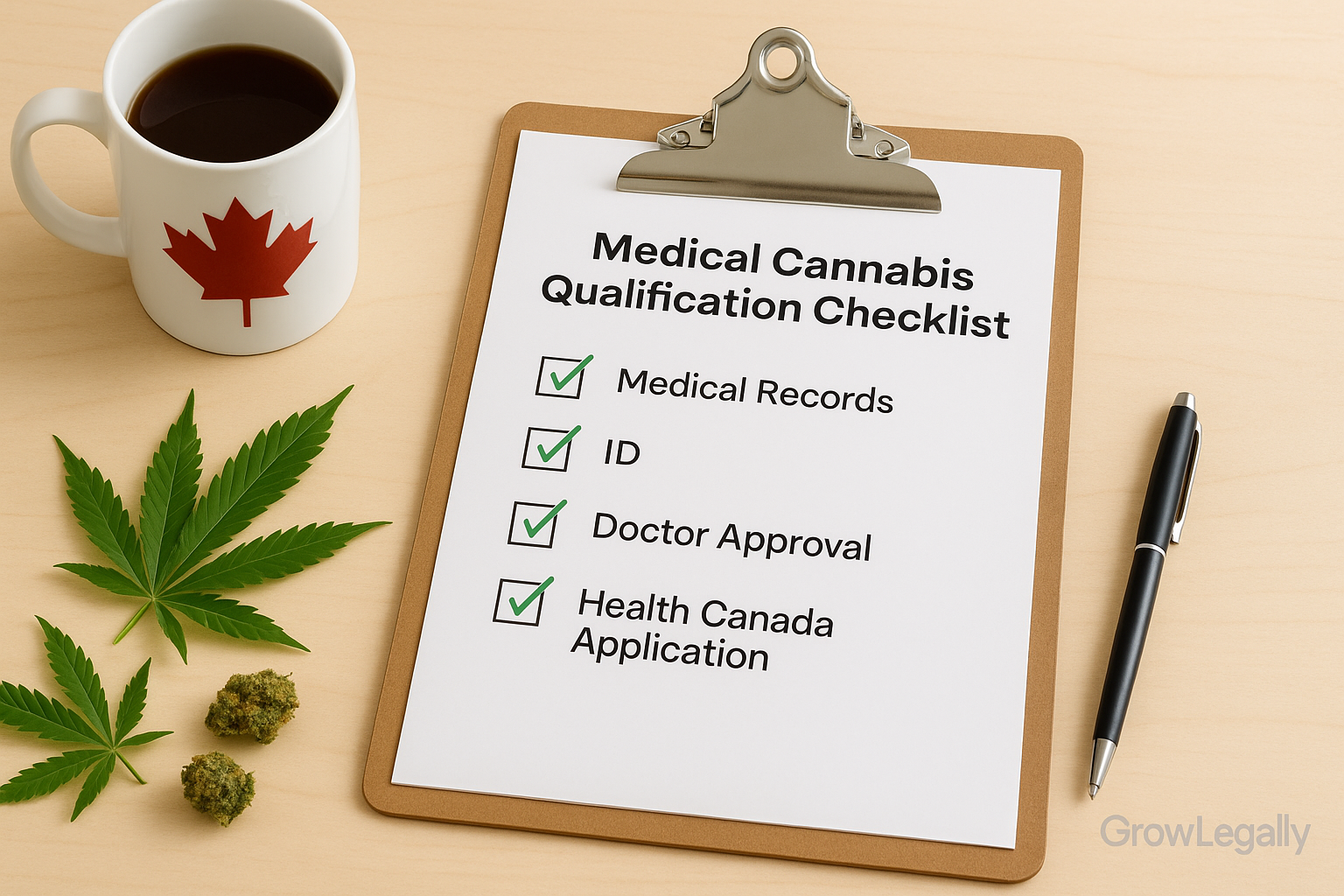
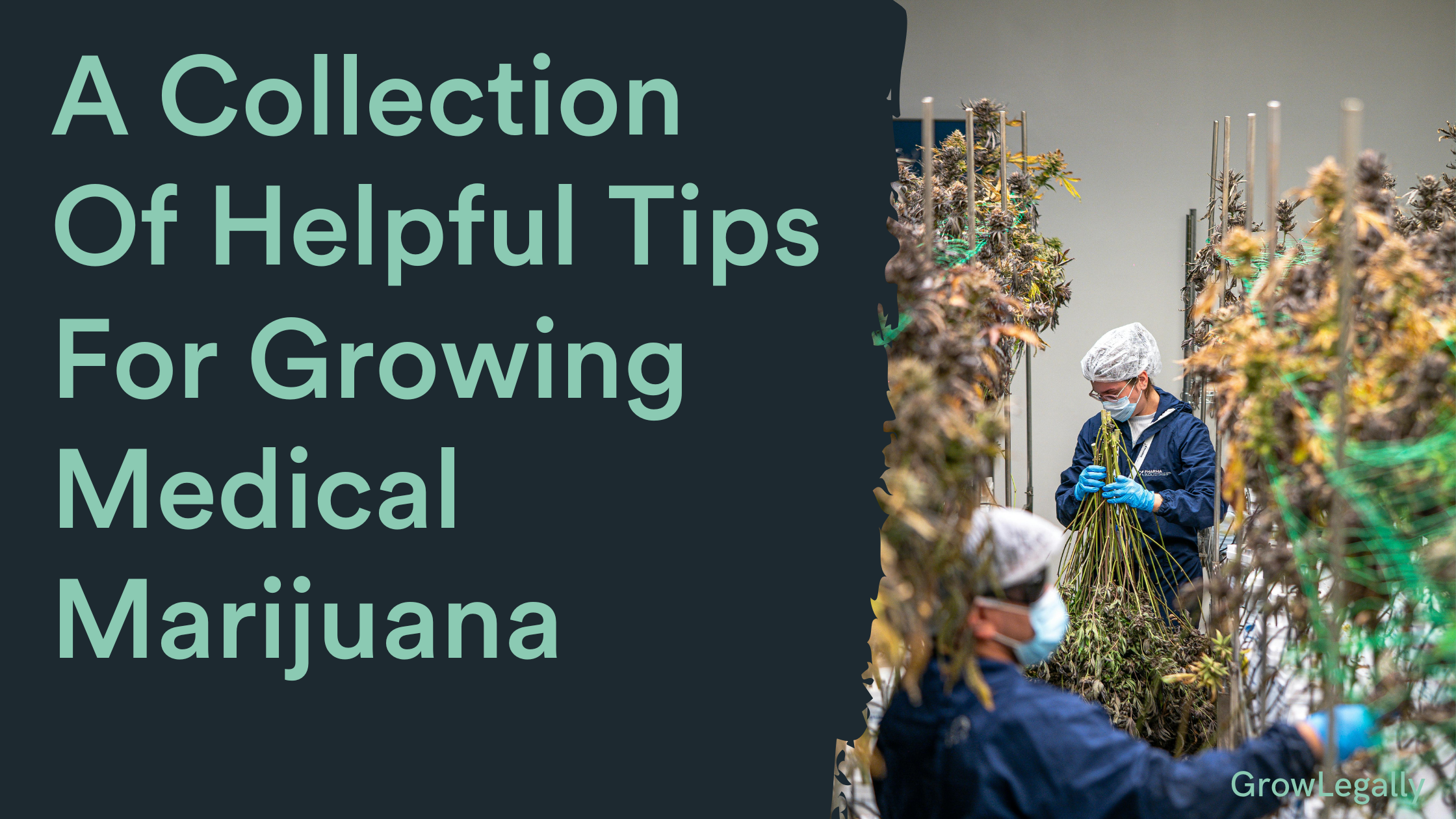
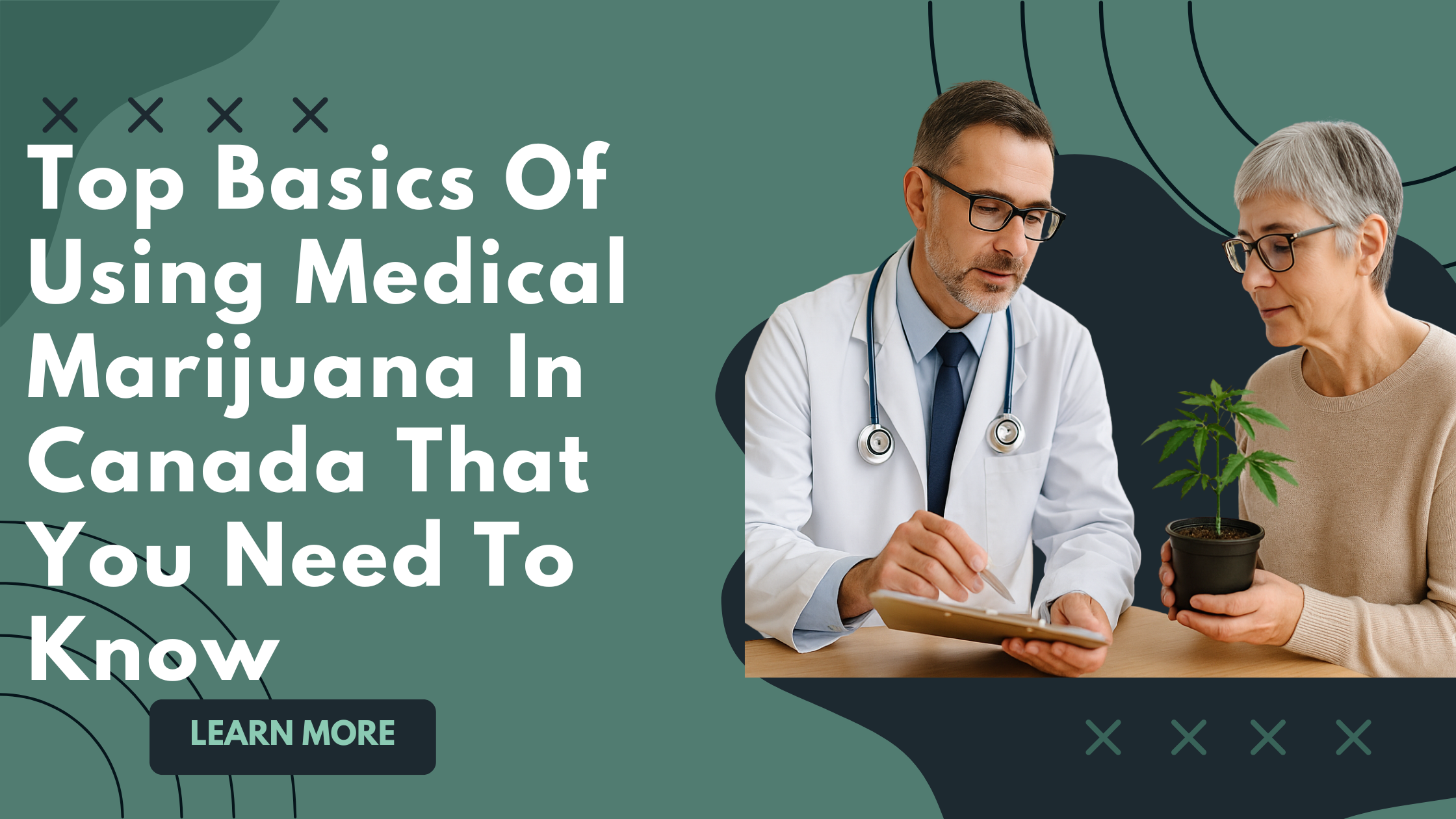
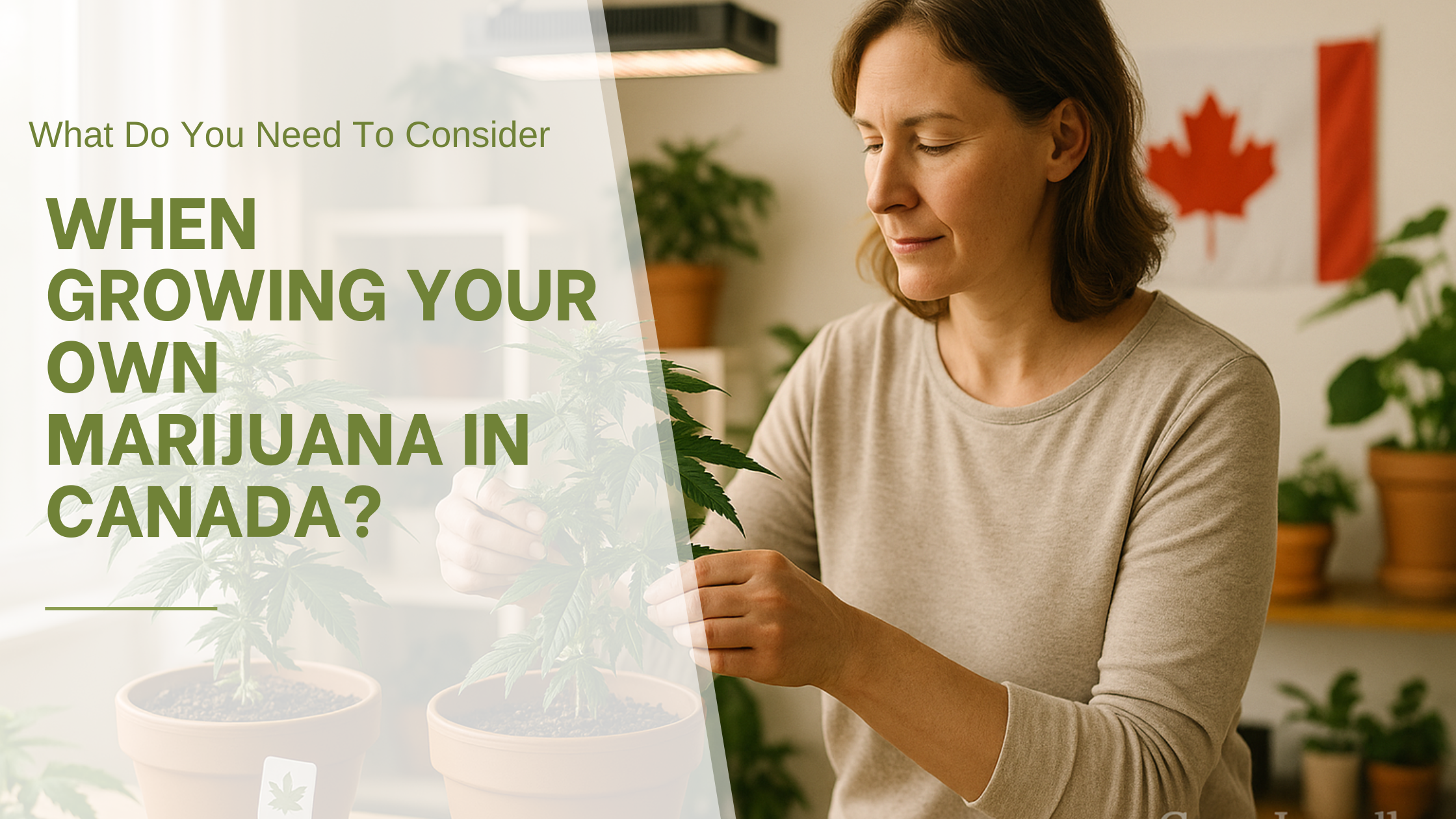


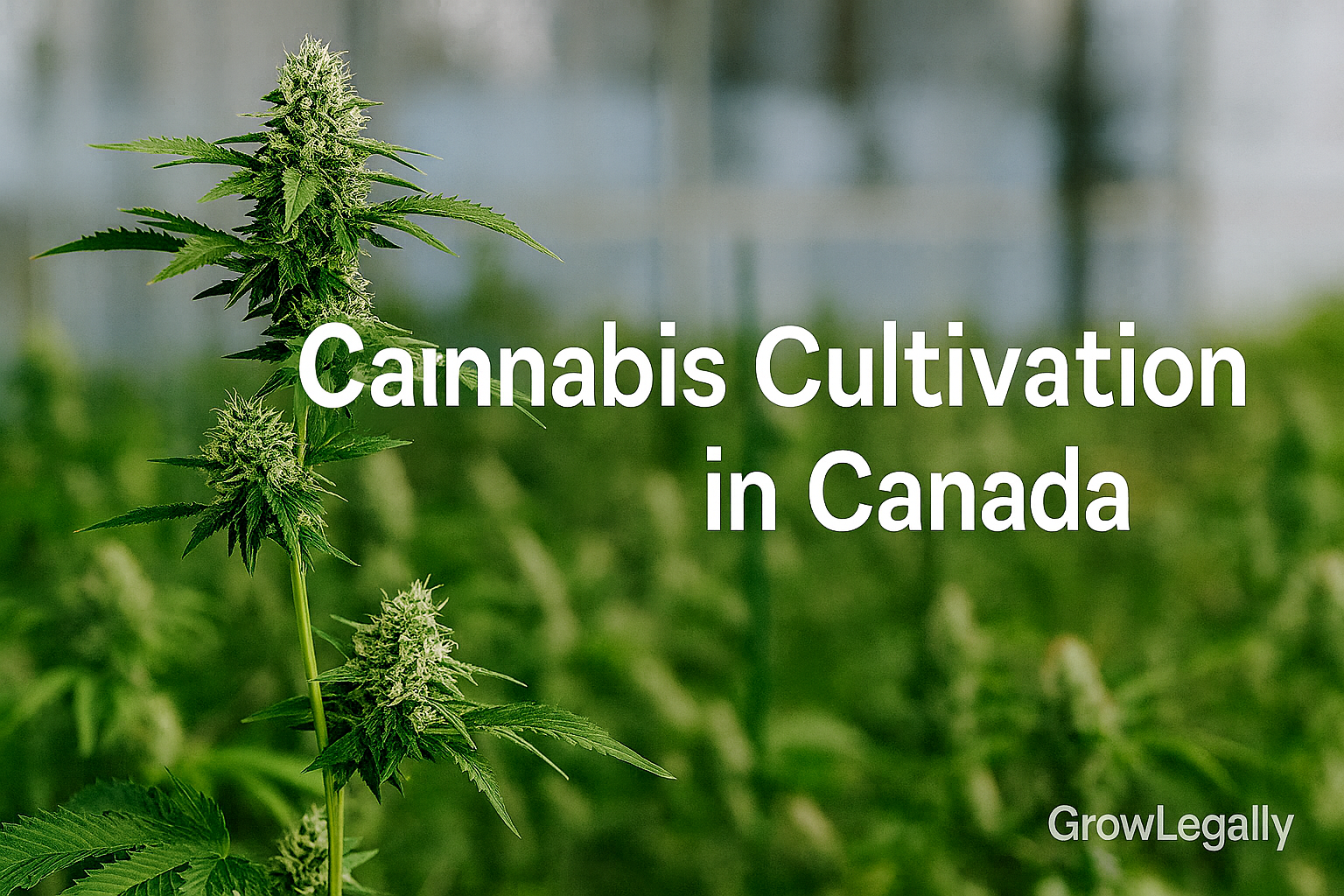
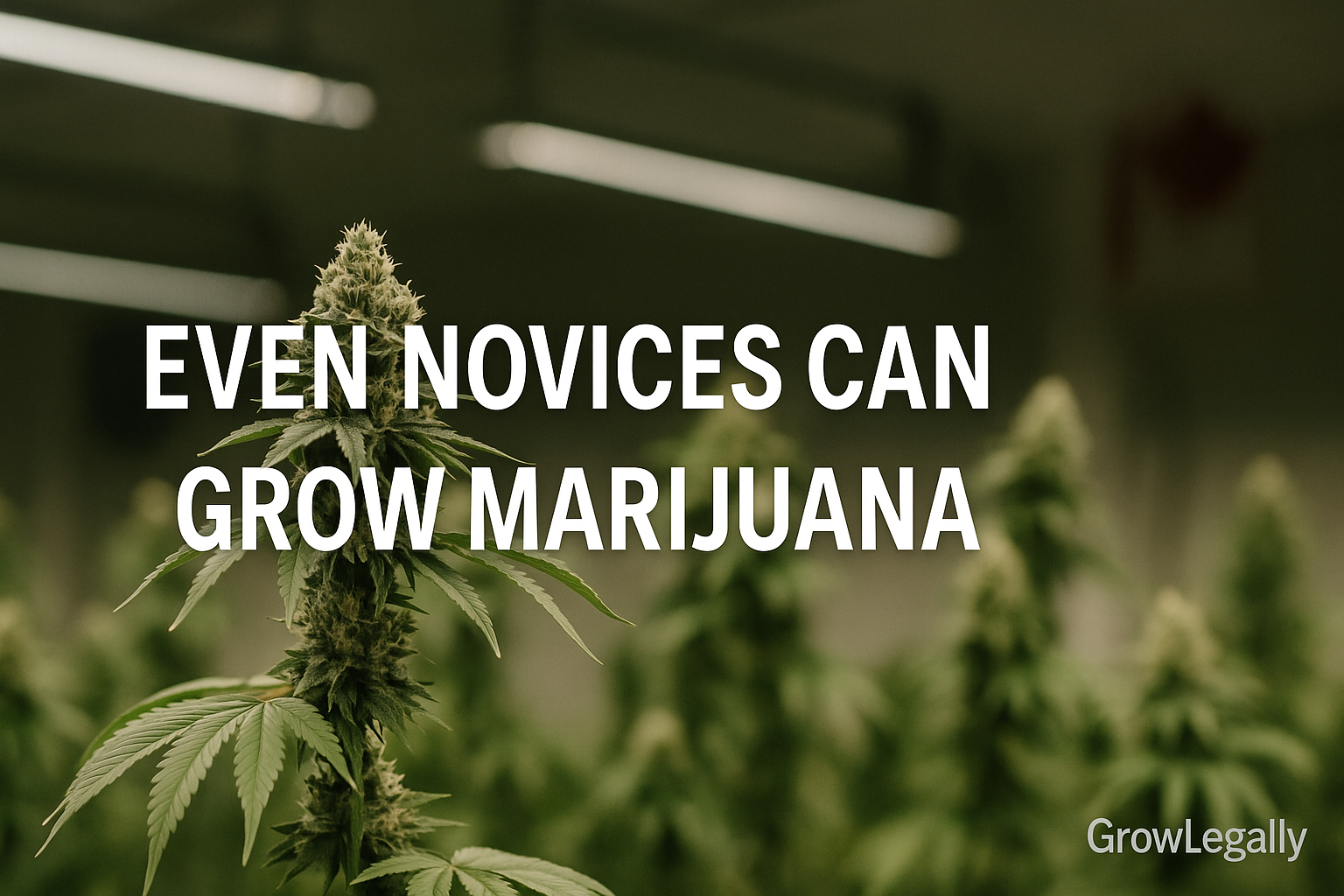


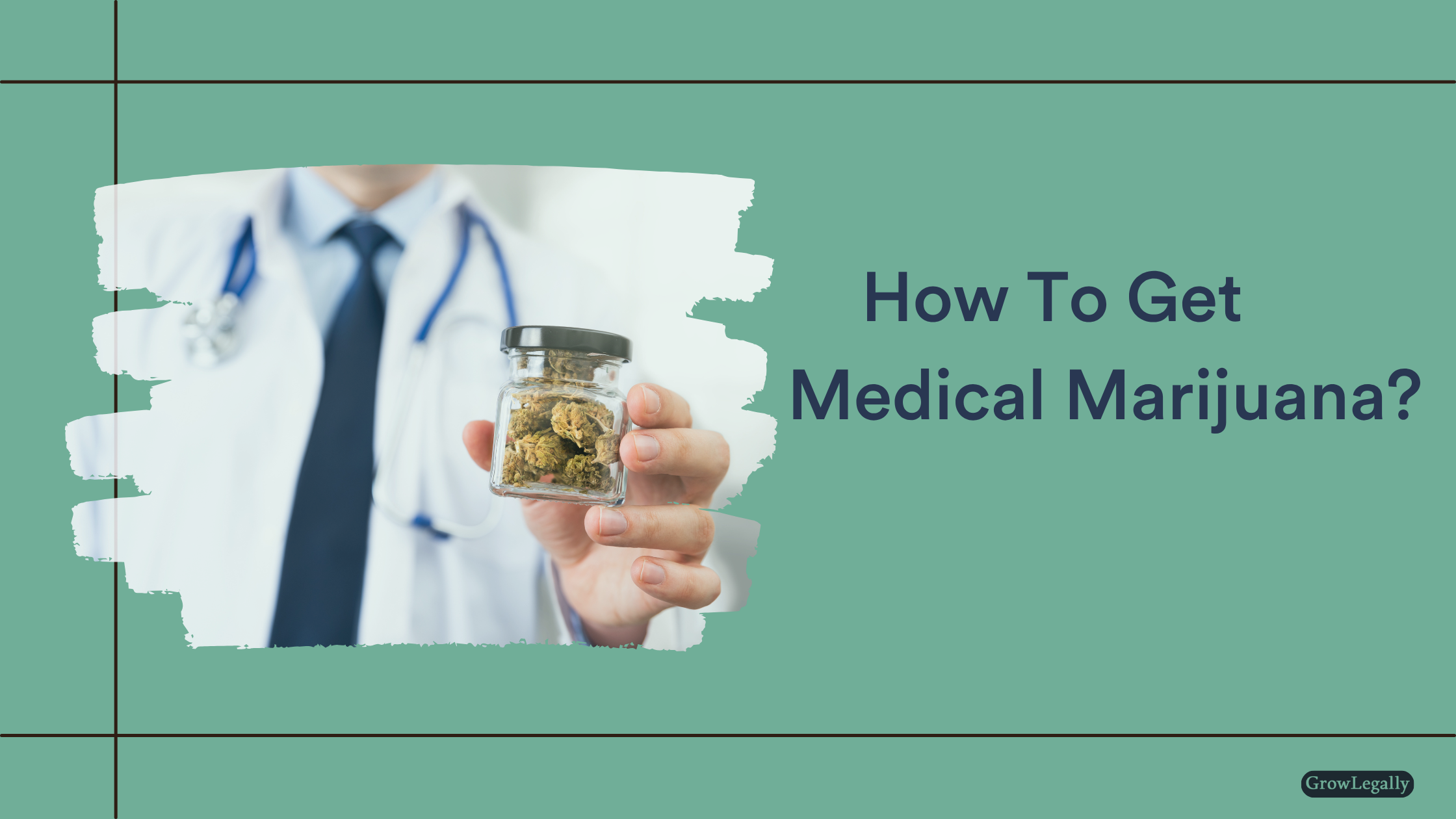

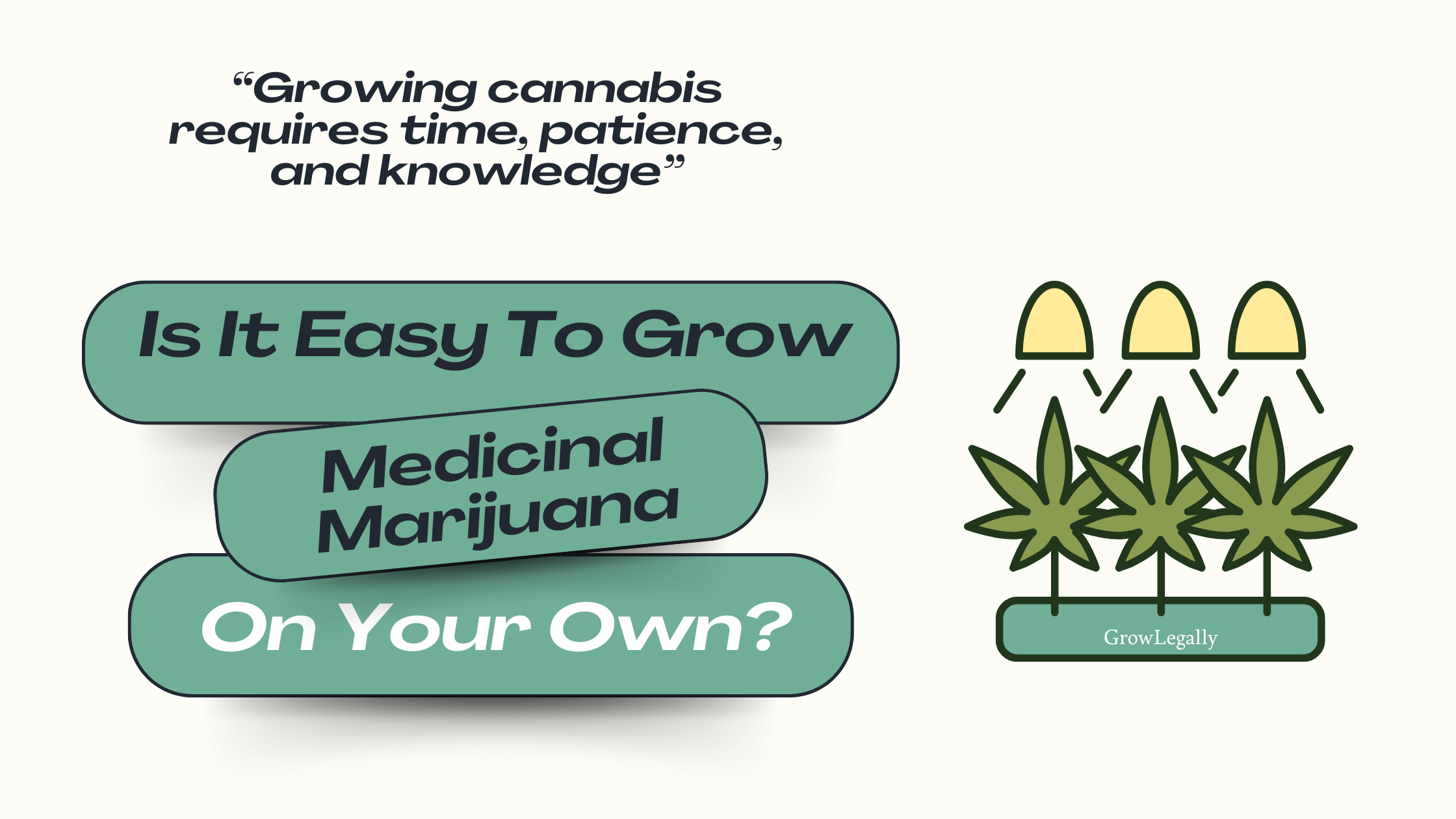
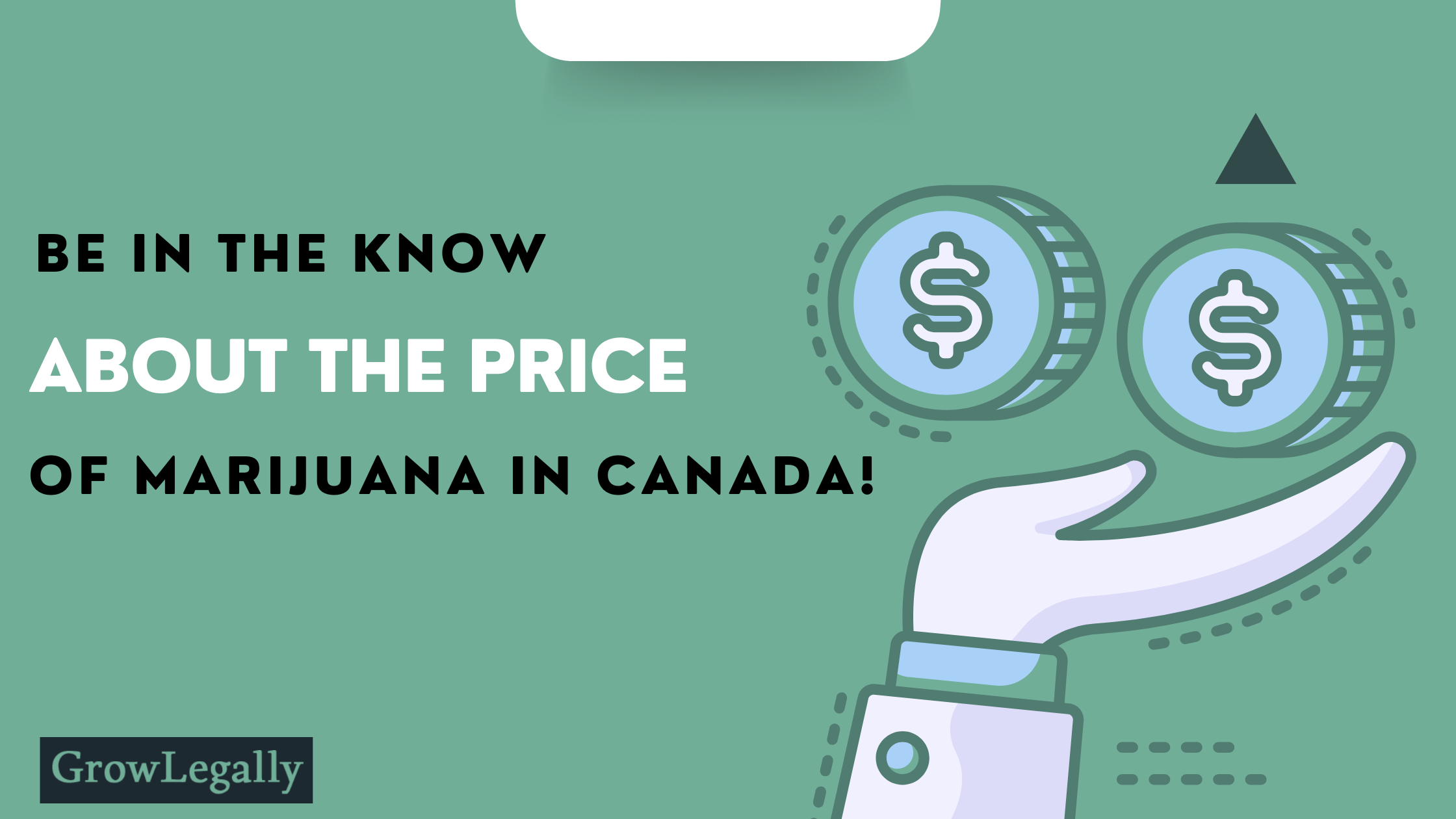





















.png)

















































.png)
















